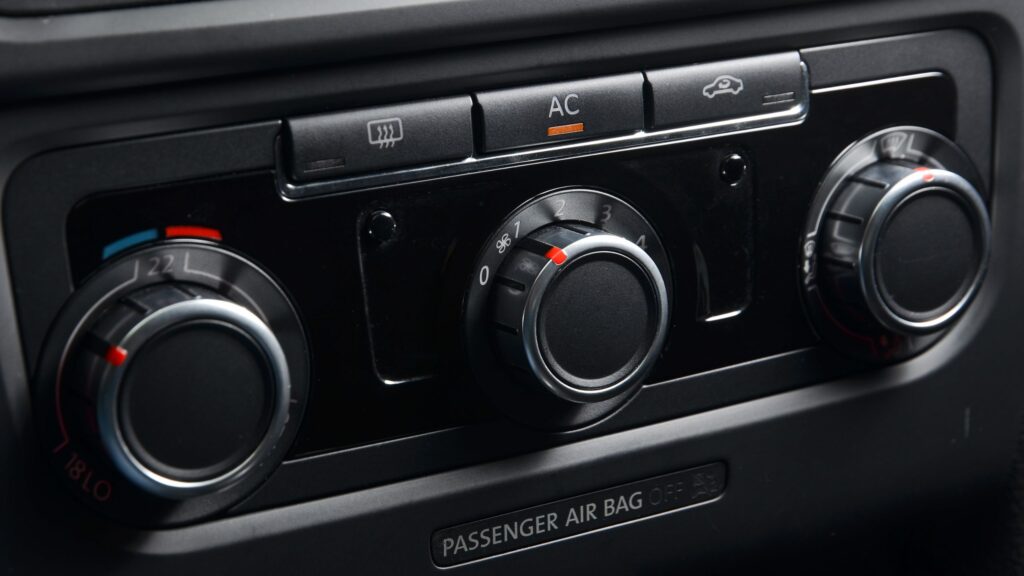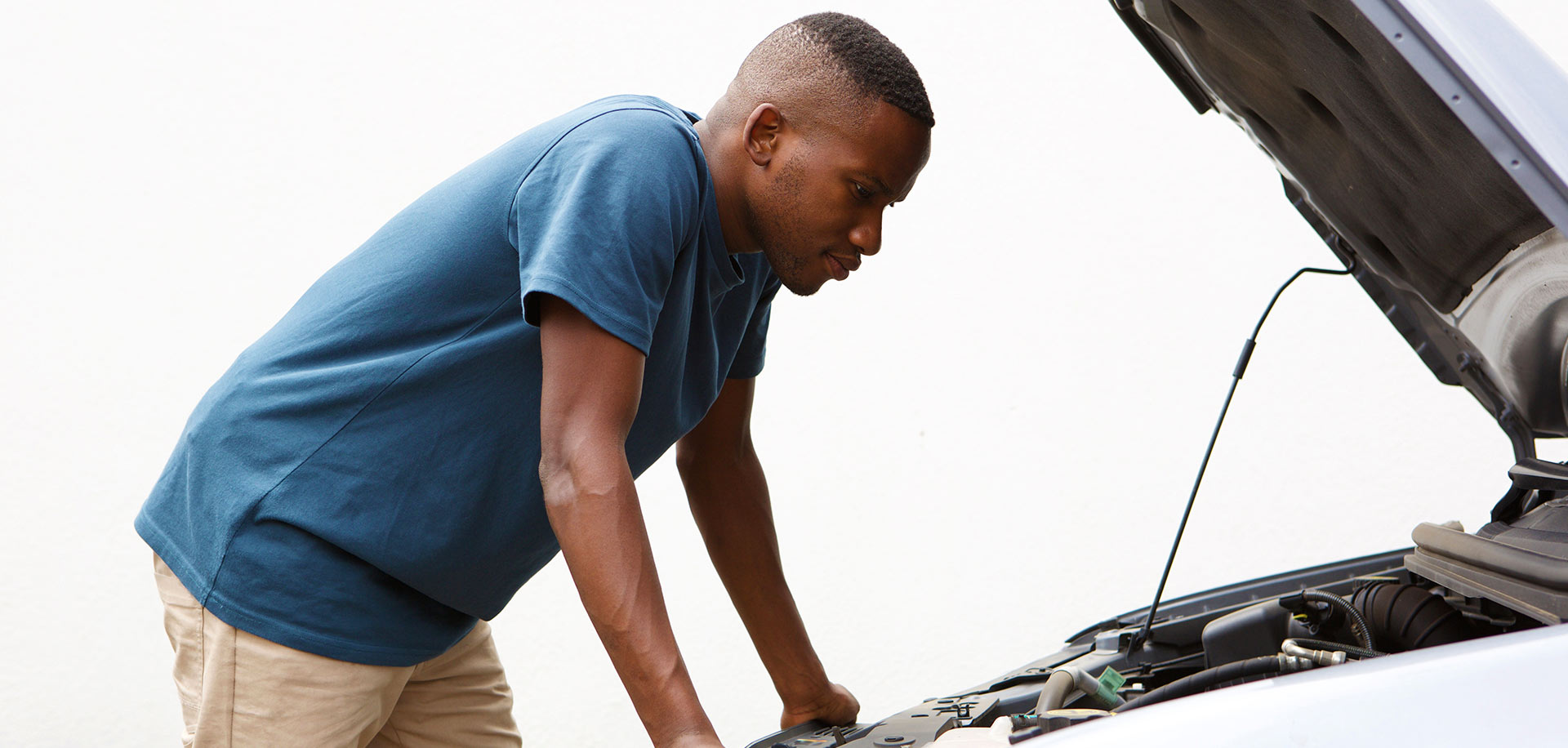Today’s cars are equipped with multiple heat sensors and computer-controlled electric fans designed to keep your engine running in any weather. But overheating can still happen. Continue reading on to learn the best ways to prevent an overheated car and steps you can take in the event that your car begins to run hot.
Why Do Engines Overheat?
Engines can overheat for many reasons. In general, it’s because something’s wrong within the cooling system and heat isn’t able to escape the engine compartment. The source of the issue could include a cooling system leak, faulty radiator fan, broken water pump, or clogged coolant hose.
Regardless of the problem’s source, an overheating engine isn’t something you want to let linger. Your engine could sustain serious, if not permanent, damage.
Signs Your Engine is Overheating
If you’re able to take steps to cool your engine before it overheats to the point of failing, you may reduce the risk of irreversible engine damage. But first, you’ve got to notice the symptoms of overheating, which can include:
- Steam (which can look like smoke) coming from under the car hood.
- An engine temperature gauge on your dashboard that spikes to “H” or into the red. (Engine temperature gauge symbols vary, so consult your owner’s manual.)
- A strange smell coming from the engine area. For example, leaking coolant can smell sweet while leaking oil might smell more burnt.
As soon as you notice the engine overheating, take the following steps and contact your nearest repair shop.

1. Kill the A/C and crank the heat
Immediately turn off the air conditioner to reduce stress on the engine. Then, turn the dial to maximum heat. This can help pull heat away from the engine to keep it from overheating until you can pull over in a safe location. You may get a little hot yourself, but a few minutes of discomfort is a small price to pay compared to major engine repairs.
2. Find a safe place to pull over
Pull over and shut off the car. Allow the engine to cool for at least 15 minutes. Keep an eye on the temperature gauge, as it should move back to a normal range as the engine cools.
While you’re waiting (and watching the gauge), put together a plan to get your overheated engine checked out. Call a friend or Carhoot for Roadside Assistance. We’ll dispatch a trained mechanic to check your car and see what the problem is.
3. Sit tight
It will take at least 15 minutes for the engine to cool. In the meantime, do not attempt to open the hood; the coolant in a car that has overheated may be in excess of 230 degrees.Once the hood is open, there’s a risk of being sprayed with hot water or steam. Your personal safety is most important. Waiting for at least 15 minutes allows the hood, engine and leaking coolant to cool.
3. Check and add coolant (if you have it)
If your coolant level is low, a quick top-off could help protect your engine and prevent overheating until you can get things fixed. However, this step won’t do much good if a coolant hose is clogged or the source of your troubles is a broken radiator fan or water pump. Consult your owner’s manual to find the location of your coolant reservoir tank and to learn how to add coolant to your vehicle.
5. Drive to a service station
If your car isn’t being towed, now’s the time to carefully restart your engine and drive to your nearest auto repair shop. Keep an eye on the temperature gauge as you drive. If it rises again, pull over and let the system cool.A professional will need to inspect your car’s cooling system. And take notice of everything, like fluid under the car or steam under the hood.




No comment yet, add your voice below!